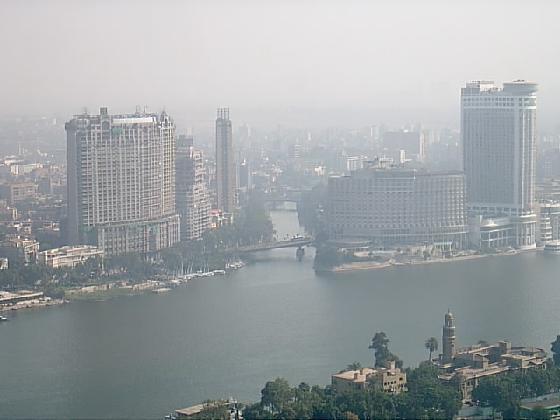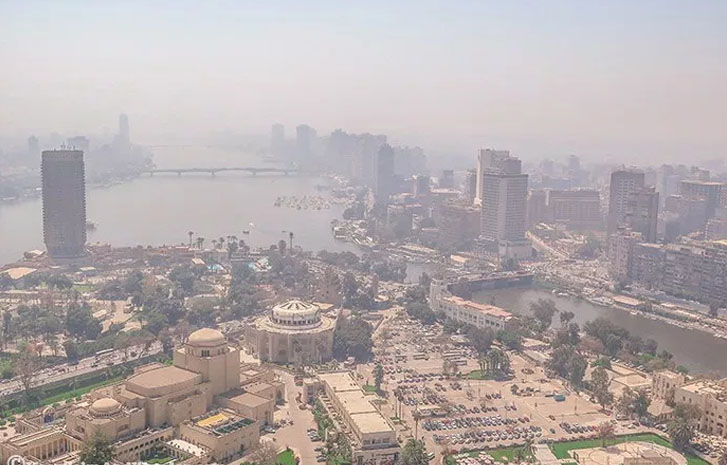
Egypt and the Word Bank have begun negotiations on a $200 million package to finance the Greater Cairo Air Pollution Management and Climate Change project, Al Ahram Online reports.
A mission by the World Bank has held a round of meetings with several Egyptian government agencies in preparation for negotiations, according to local media.
The project, which will be implemented in the governorates of Cairo, Giza and Qalyubia, will focus on enhancing air quality in and mitigating the effects of climate change in these cities, according to Minister of Environment Yasmin Fouad.
“The World Bank supported Egypt’s studies on air pollution and its environmental implications on Greater Cairo over the past two years. The data developed by the ministry’s environmental monitoring system demonstrated that open waste burning was one of the principal causes of the air pollution problem. The key factor for the project’s success was effective coordination and cooperation between relevant ministries and stakeholders to overcome all difficulties,” according to Fouad.
The project comes as part of Egypt’s sustainable development goals and will see the installation of a 1,200-acre recycling, treatment and disposal facility in the 10th of Ramadan district for industrial, solid and hazardous waste, Egypt’s Minister of Local Development Mahmoud Shaarawy clarified. The minister also added that the project will implement measures to reduce emissions from public transportation, including by converting vehicles operated by the Public Transportation Authority (PTA) to more energy-efficient units.
The Greater Cairo Air Pollution Management and Climate Change Project will see a number of government agencies coordinate this effort, namely the Cairo Transportation Authority and the ministries of environment, local development, transportation, and health, as well as municipal authorities in Cairo, Giza and Qalyubia.






Comments (2)
[…] Zero New Coronavirus Cases Recorded in Red Sea, South Sinai in the Last 24 Hours $200 Million by World Bank to Combat Air Pollution and Climate Change in Cairo […]
[…] Read more at egyptianstreets.com […]